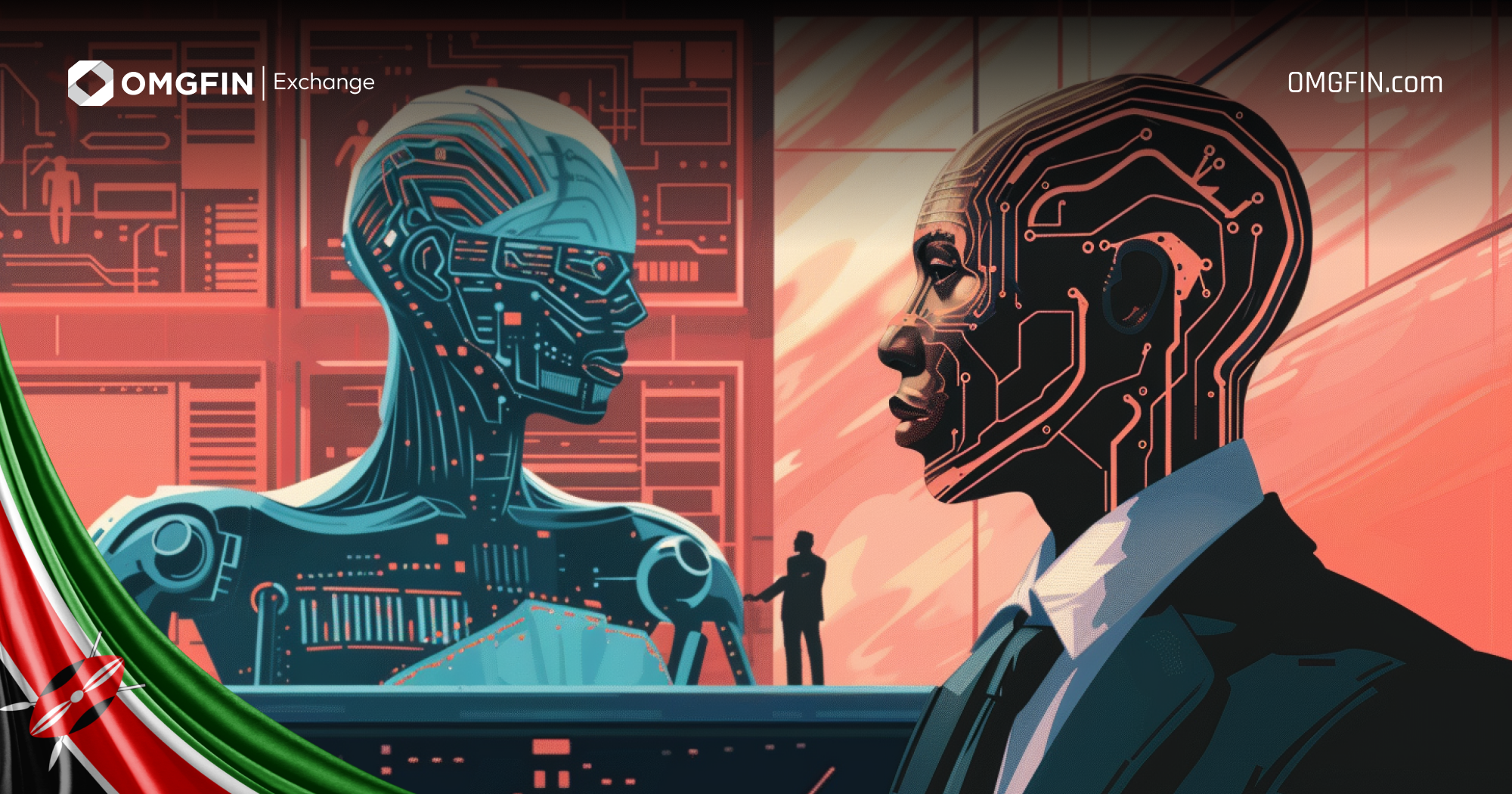Controversy Erupts Over Kenya’s Robotics and Artificial Intelligence Society Bill
Print
Modified on: Fri, 9 Feb, 2024 at 11:55 PM
A recent development in Kenya has stirred up a storm in the field of artificial intelligence (AI) and robotics. The introduction of the 2023 Robotics and Artificial Intelligence Society Bill has sparked controversy, with IT professionals and stakeholders expressing strong reservations. The bill proposes stringent regulations and penalties, raising concerns about its potential impact on the technological landscape. Read on to learn more about the unfolding debate over this pivotal legislation.

In a recent session held by the National Assembly’s Communication, Information, and Innovation Committee, stakeholders in the AI and robotics fields raised significant objections to the bill, citing a lack of consultation during its drafting. The absence of input from industry experts has raised concerns about the bill's scope and potential consequences for unlicensed entities in the AI and robotics sectors. The bill outlines fines of up to one million Kenyan shillings and the possibility of a two-year prison sentence for unlicensed entities, placing a spotlight on the regulatory framework proposed by the Robotics Society of Kenya (RSK).
The RSK, envisioned as a regulatory body, aims to oversee and foster the development of the robotics and AI sectors. It also seeks to collaborate with other authorities to establish crucial rules and guidelines, emphasizing compliance among companies. Furthermore, the RSK is poised to provide advisory support to the government on emerging trends within AI and robotics, underscoring its potential influence on the industry's trajectory.
Critical voices, such as that of Alex Gakuru, the director of the Center for Law in Information Technology and head of the American Chamber of Commerce, Kenya, have called for the withdrawal of the bill for additional stakeholder consultation. Gakuru warned that passing the bill in its current form could lead to a national disaster, underscoring the urgency of addressing its perceived shortcomings. One key critique centers on the bill's focus primarily on regulating the robotics sector, with insufficient attention given to addressing broader AI-related concerns. This discrepancy has raised questions about the bill's potential vulnerability to legal challenges and the need for substantial amendments.
The controversy surrounding the bill is particularly significant in the context of Kenya's standing in the AI landscape. With the country ranked fifth in Africa for its readiness to implement AI in delivering services to the public, the implications of the proposed legislation extend beyond national boundaries. The regulatory landscape in Kenya, as highlighted by industry experts, holds far-reaching implications for technological innovation and the broader AI ecosystem in Africa.
As the debate unfolds, it becomes crucial to consider the broader context of AI and robotics development in Kenya. With insights from the annual Government AI Readiness Index by Oxford Insights and Microsoft’s “Artificial Intelligence in the Middle East and Africa Outlook Report,” the discussion on the bill gains greater depth. These reports not only shed light on Kenya's current position in AI implementation but also provide crucial comparative perspectives, highlighting the country's investment in AI in relation to its African counterparts.
The 2023 Robotics and Artificial Intelligence Society Bill stands at the intersection of regulatory policy, technological advancement, and stakeholder collaboration. Its ramifications could reverberate across industries and economies, making it a pivotal point of discussion within the global tech community. Stay tuned for further developments and insights as the debate continues and the fate of the bill hangs in the balance.
This comprehensive overview captures the essence of the recent developments in Kenya's AI and robotics sectors, providing valuable context and insights for stakeholders, industry professionals, and enthusiasts in the rapidly evolving field of technology and regulation.
(AMAKA NWAOKOCHA, COINTELEGRAPH, 2024)
Did you find it helpful?
Yes
No
Send feedback Sorry we couldn't be helpful. Help us improve this article with your feedback.

